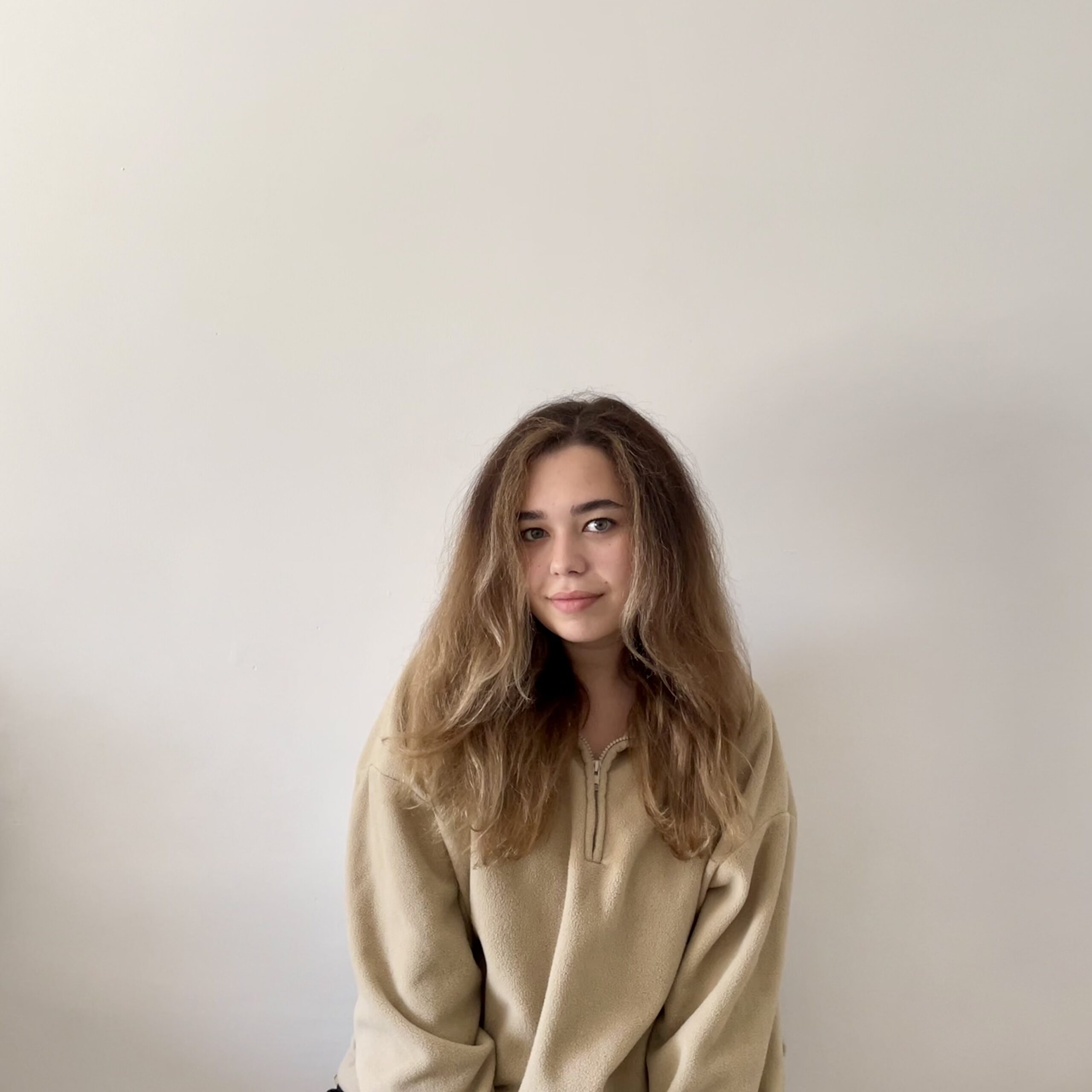Hiring creative specialists is challenging; the market is crowded, the requirements are changing and getting more complicated, and unique skills are limited. Here are some tips for recruiters looking to successfully attract and retain creative talents.
Hire the Unexpected
Some hiring decisions seem not suitable at first sight but work well in the end. Once I was looking for a mid-level game designer. One candidate stood out: he was a passionate Dungeons Master in D&D (Dungeons & Dragons) and had a creative vision in game design. He was a perfect fit for the team as well. However, I doubted him due to his limited hard skills.
We discussed the case with the team producer and decided to schedule a follow-up interview with this candidate. He got the job, and in just three months, he was promoted from game designer to product owner.
Here I want to highlight one of the main mistakes in hiring creative specialists. Don’t evaluate candidates on standard parameters, such as formal education and years of experience. Avoid unnecessary formalization of the selection. Allow candidates to show their unique qualities at different stages of the interview.
What Do Recruiters Look For in Creative Specialists?
A creative specialist in GameDev is a person with a broad scope of skills, who has deep knowledge in his narrow field and understands the general principles of game design. Here are the three most important skills for a creative professional:
- Adaptability: Creative specialists have to stay on the same page with new tech and trends, as GameDev changes fast.
- Thinking Out of the Box: You need to generate unique ideas that nobody might think of while still working within the technical constraints or rules of the genre.
- Teamwork: It’s about sharing and bringing to life creative ideas together with the team.
Essential Hard Skills
Game designers wear many hats. Some specialize in balance and monetization, others in new features or mechanics. Deep knowledge of the gaming world is a must here: what’s trending right now, what mechanics work, and how you can apply them to your project.
Take, for example, the popular A4 mechanic (divides gameplay into four key aspects: combat, analysis, resource management, and exploration, to balance the game and appeal to various player types). An experienced game designer knows how to take it and reimagine it in a way that hooks the target audience and retains them. In GameDev, you should have a player’s mindset to create exceptional projects.
Culture Fit and Soft Skills
Technical skills matter, but so does culture fit. It happens that you may find specialists with impressive portfolios, who do not align with the team’s personal characteristics and working style.
We pay attention to how candidates interact with potential colleagues during informal meet-ups or technical interviews. It gives a perspective on how well their values align with the company’s values.
As for soft skills, we’re looking for strong communicators to share and pitch ideas, and make compromises. The ability to adapt to feedback, accept constructive criticism, and encourage collaboration is mandatory, same as time management and resilience under pressure.
Empathy and emotional intelligence help to understanding the feelings of the players helps to create engaging games.
Candidate Experience vs. Education
In GameDev, experience often matters more than education. A diploma is good to have, but nothing beats a solid portfolio to validate skills. A portfolio sets candidates apart through real-world projects, personal games, or even concept art.
If you are choosing between two candidates — one with an art background and another with solid game development experience — and the latter matches the style and technical requirements of your project, they are likely to secure the position.
How the Hiring Process Looks Like
This is our methods to assess a candidate’s creativity:
- Test assignments show how candidates adapt to new tasks.
- Brainstorming sessions with the team provide insights into how quickly candidates can develop new ideas and bring them to life.
- Real-life case studies are the most effective way to test creativity. For example, we ask artist candidates to develop a character from concept to final render. The result is important, but we evaluate the way of thinking and approach to problem-solving as well.
- The candidate’s portfolio showcases personal projects such as indie games or scripts. We pay attention to the diversity, originality, and depth of expression reflected in their work.
Unconventional Methods for Hiring Creative Talents
Top talents don’t always come through traditional job postings. That’s why I suggest creative approaches to head hunting:
- Indie game festivals and hackathons. Many talented junior developers start their careers with indie projects. Contests and hackathons also show how possible candidates can work in a team and handle pressure.
- Workshops and lectures serve as platforms for networking with young professionals who are looking for a job in big studios.
- Expert content on social media. Senior professionals share their knowledge and case studies on LinkedIn, Telegram, and Medium and are actively engaged in the community.
Wrapping Up: Tips for Recruiters Hiring Creative Specialists
- Focus on personal qualities and potential. You can’t assess сreative specialists with a standard CV. That’s why it’s important to conduct a series of interviews or tests to get a big picture.
- Build a strong employer brand in the competitive landscape. The company is a place where creativity and innovation are at the forefront. It should be visible in professional communities, participate in various conferences, and share success stories within your company.
- Invest in educational development. Many talented specialists prefer companies that offer opportunities for both vertical and horizontal growth, like mentorship programs and internal training workshops.









